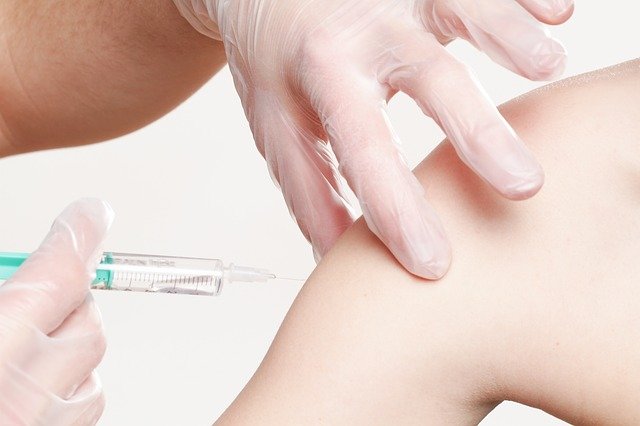
According to the National Center for Health Statistics, human papillomavirus (HPV) has affected nearly half of American adults.
HPV is a sexually transmitted infection that is linked to several cancers.
It can be spread between partners through anal, vaginal, or oral sex, and even through close skin-to-skin touching.
People who currently are sexually active, have been sexually active in the past or have sex in the future, have a very high chance to get HPV.
Because there is no cure for HPV, the virus puts people at risk for potentially serious problems—such as cancer and genital warts—down the road.
Each year about 31,000 cases of cancer are caused by HPV.
Cancers that can be caused by HPV include anal cancer, cervical cancer, oropharyngeal cancer (oral cancer and throat cancer), penile cancer, vaginal cancer and vulvar cancer.
Research shows that almost all of the more than 11,000 cases of cervical cancers diagnosed in the U.S. each year are caused by HPV.
While oral cancers used to be attributed mainly to tobacco and alcohol, 72% of oral cancers are caused by HPV, especially in young men.
HPV vaccine can help prevent HPV-related cancers.
For example, two vaccines, Cervarix and Gardasil, are available to protect against the types of HPV that cause the most cervical cancers, as well as anal cancers in men.
Gardasil is recommended for girls and women between ages 9 and 26.
Cervarix is recommended for girls who are 9 years of age, and women of any age who have not previously been vaccinated and have not previously been diagnosed with cervical cancer.
The HPV vaccine is also recommended for boys, starting at age 11.
For adult women, PAP tests starting at 21 years of age can help to detect cervical abnormalities before cervical cancer develops.
While condoms help to lower the risk of developing HPV-related diseases, HPV can infect areas that are not covered by a condom.
That’s why it’s essential get the HPV vaccine in addition to using condoms.
There is a controversy about vaccinating young people against a sexually transmitted infection.
And parents have concerns about possible long-term effects of these relatively new vaccines.
These could make many children, teens and young adults not get vaccinated and leave them vulnerable to future HPV infection.
Researchers suggest that children and parents have an ongoing, open conversation about their wishes when it comes to being vaccinated.
It is important to know that getting the HPV vaccine does not encourage kids to become sexually active or start having sex at a younger age. This is a common concern from parents.
Copyright © 2018 Knowridge Science Report. All rights reserved.
Source: Rush University.



